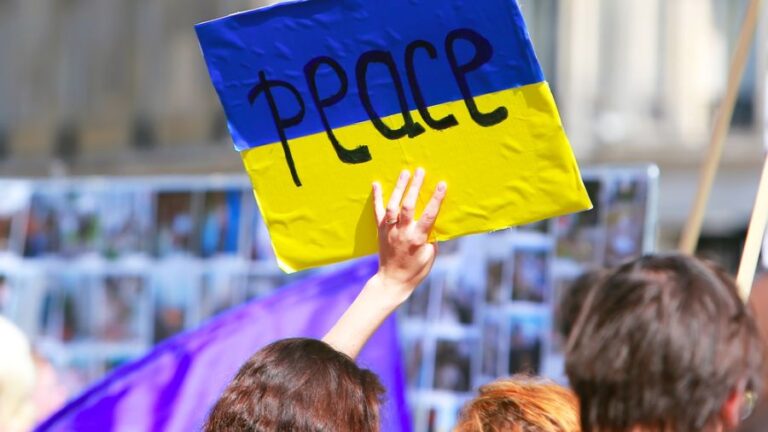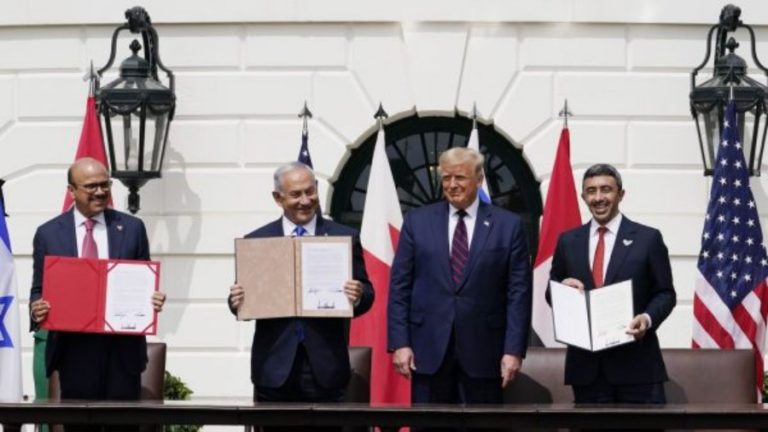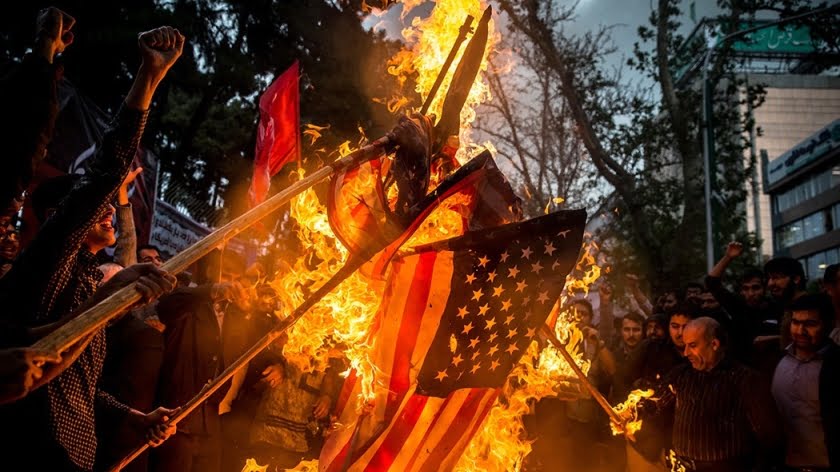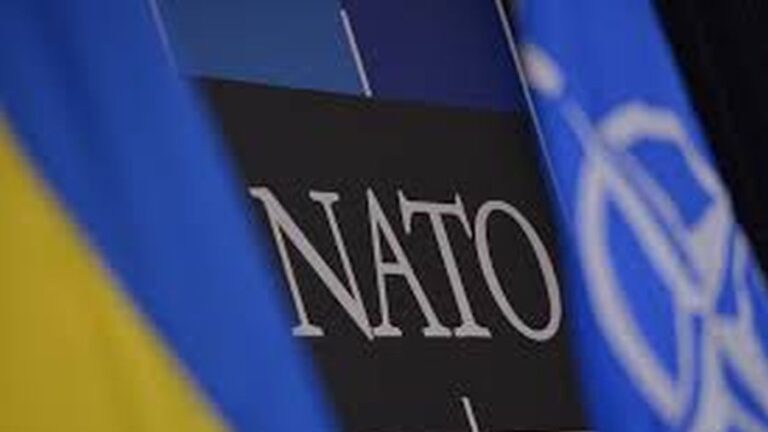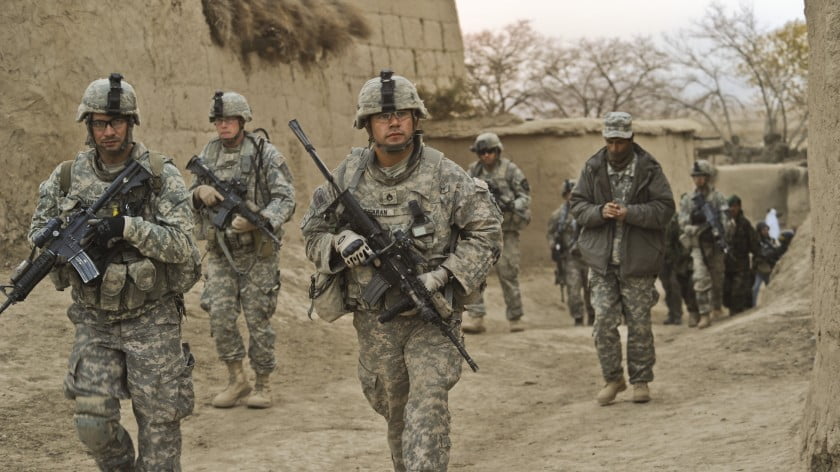The US’ Betrayal of Barzani Puts the Iraqi Kurds on the Cusp of Civil War
Iraqi Kurdish leader Masoud Barzani recently said that he feels betrayed by his American ‘ally’.
He was referring to reports that the US had advance knowledge of the Iraqi Army’s liberation operation in Kirkuk but failed to warn the Peshmerga. He was also obliquely referring to the widespread presumption that Washington wanted to see an independent “Kurdistan” and would therefore help its allies to this end, which didn’t end up happening. In reality, the betrayal that Barzani spoke about runs much deeper, since the US appears to have deliberately set the Kurds up with the Machiavellian intent to see their project disastrously fail, though in an epic way that would spark a regional war which could then be exploited to simultaneously bleed Washington’s Turkish and Iranian rivals. The US was betting on the Iraqi Army crossing over into the internationally recognized territory of the Kurdish Regional Government (KRG) after liberating the post-Daesh Peshmerga-occupied areas of northern Iraq, and that the grassroots resistance that this would engender would lead to it requesting Turkish and Iranian military backup.
That didn’t happen, though, because Iranian Revolutionary Guard Corps Major-General Qasem Soleimani reportedly organized Baghdad’s operation and might have wisely advised that the Iraqi Army take caution to avoid being drawn into an American-made quagmire in Iraqi Kurdistan. This prudent move foiled the US’ Machiavellian plan to use the Kurds as bait for triggering a “Blood Borders” scenario in the heart of the Mideast, but after this plot’s dramatic failure, Washington was left geostrategically unable to help its allies in Erbil even if it wanted to. The area of operations is largely closed to the US due to the deep freeze in bilateral relations with Turkey and Iraq’s obvious unwillingness to allow American aircraft to traverse its territory in order to bomb the national army. Squeezed out of the conflict zone, the US could only sit back and watch as its grand plan failed and Iraqi Kurdistan crumbles before the world’s eyes.
Barzani is now disgraced in the eyes of many Kurds which is why decided to step down, and the region is once again on the brink of sliding into civil war just like it did in the 1990s. The ruling Kurdistan Democratic Party (KDP) has to fend off a powerful opposition coalition made up of the Patriotic Union of Kurdistan (PUK) and Gorran, both of whom are accused of working together with the Iraqi-Iranian coalition that liberated Kirkuk and whose territory of actual control in eastern Iraqi Kurdistan largely mirrors that of the civil war-era period. Barzani’s delay of the planned November 1st elections until sometime in the middle of next year also throws the whole region into uncertainty and raises doubts about his family’s ability to hold onto power, both politically but also economically. If a “regime change” does indeed take place in Iraqi Kurdistan, whether by electoral or militant means, then it might throw all Barzani-era international contracts into question, such as the major ones that he signed with Rosneft for over $1 billion.
For this very pressing reason, Russia has an important stake in the outcome of whatever happens in Iraqi Kurdistan, which is why it can be expected to get very diplomatically involved in “balancing” all sides and attempting to reach a compromise political solution if the situation suddenly deteriorates.
By Andrew Korybko
Source: Oriental Review


